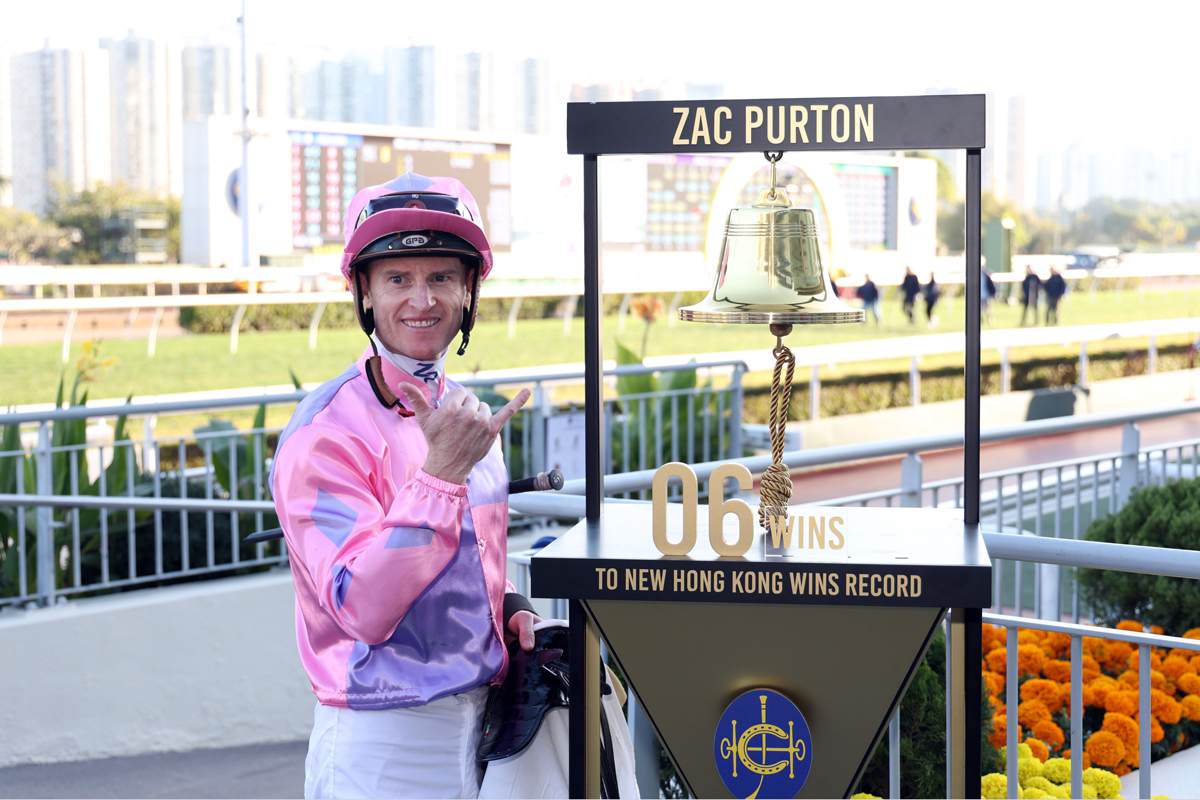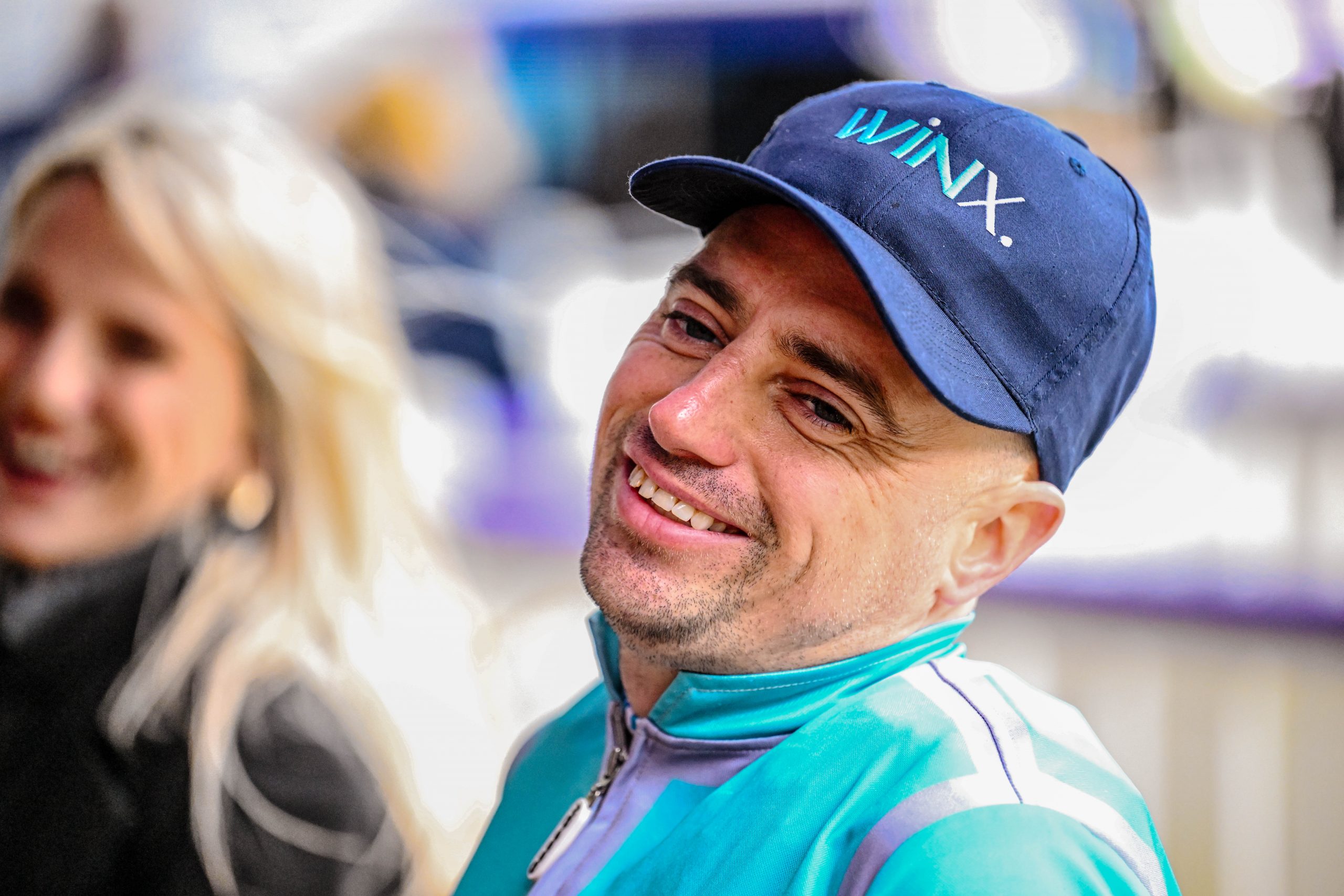Trainer Mark Riley is claiming “impaired mental functioning” in a bid to reduce or beat a charge of bicarb treatment that threatens a three year ban.
Riley, who pleaded guilty to taking Gold For Kev to Sandown on July 13 with an elevated TCO2 level and was found guilty by the Racing Appeals & Disciplinary Board of either administering the banned substance or ordering someone unknown to do it, succeeded in gaining an adjournment until Monday, February 23.
He will visit a psychologist today week, and is calling a general practitioner after an owner/stablehand tendered evidence that the Mornington trainer had glazed eyes and “stumbled with words” on the day of the incident.
Judge Russell Lewis accepted the need for expert medical opinions which must concentrate on the morning of July 13 when the bicarb treatment was administered.
He ordered a written report by Riley and the doctor by Thursday and a report by the psychologist, by Friday, February 20.
Judge Lewis, who alongside Joshua Bornstein and Geoff Ellis has heard four days of twists in the case with three adjournments, said he was frustrated that witnesses were unavailable yesterday.
“It is up to Mr Riley to make sure they are all here on February 23 or we go on without them,” he said.
When it was suggested that Riley’s new legal counsel, Damien Sheales, would not be available until February 25, Judge Lewis said “then he best go hire another gun. I won’t accommodate him.”
Riley was represented by barrister Tom Purdey who picked up the brief the previous evening, and solicitor Patrick Dwyer who became involved only last week after Riley’s initial lawyer withdrew.
Judge Lewis said it appeared to him that Riley was trying to prolong the case with a change of legal counsel, no-show of witnesses and requests for adjournments.
“He has a horse (Of The Brave) in the Blue Diamond on 28th February that is on the third line of betting,” Judge Lewis said.
However Mr Purdy said that the seriousness of the charge and the potential severity of the penalty meant that Riley needed expert testimony to support his case under the rules of racing that he was suffering from impaired mental functioning.
Riley has not changed his plea of not guilty to the bicarb administration.
Robert Dunnett, a bookbinding chief executive who owns horses with Riley and also works as a strapper, said that he met up with the trainer on the day when Gold For Kev tested positive and that he had “a totally different demeanour” to earlier meetings.
“He was glazed in the eyes and stumbled over his words,” he said.
“He said he was in pain and taking medication for his back problem,” he said.
Mr Cliff Pannam for stewards asked if Riley, by suggesting impaired mental functioning on the day was prepared to concede he had administered the bicarb.
Riley, who did not give evidence, did not change his plea.
Board member Bornstein suggested that was understandable because if Riley did the deed and had impaired mental functioning, he may not remember doing it.
www.news.com.au









